The Upsides of Being Unpublishable
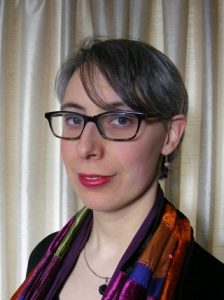
The Upsides of Being Unpublishable: How I learned to love going it alone
My first novel was unpublishable.
At least, that was what I began to suspect after a year of sending my manuscript out to agents and publishers.
That was the conclusion I came to when the one firm in the UK (that I knew of, at least) that published novels like mine, about LGBT characters and Christian politics, came back to me to say they weren’t interested.
And that was what an agent told me after I’d self-published that novel and after I’d become the first self-published author ever to be shortlisted for the Betty Trask Prize.
No, that’s not quite true. What she said was that her agency wasn’t able to take it up because the foreign rights were insufficiently promising.
It wasn’t really a surprise. We’d talked, when we met, about how very few books like Speak Its Name there were out there, how it seemed to be too gay for the Christian market and too Christian for everything else.
Perhaps more interestingly, it was a huge relief. I realised that I’d come to value the opportunity that self-publishing gave me to do my own thing – and at my own pace. I’d sent the agent the manuscript for my next novel, and she didn’t think she could do much with that, either. That was fair enough. But the longer I waited for her to get back to me, the more I realised that I wanted the answer to be ‘Sorry, no’. I wanted to be getting on with things myself.
When I self-published Speak Its Name, I learned how to do everything myself. I had to. Tasks that I’d blithely written off as ‘what the publisher does’ had suddenly become my job. Finding editors that I could work with. Obtaining ISBNs. Typesetting. Cover design.
It was a steep learning curve. I was at a slight advantage in that my parents had both self-published (non-fiction) books when I was a child – but that was back in the 1990s, and things had moved on. This was a good thing (no more piles of yet-to-be-sold books clogging the hall), but the world of online publishing was unknown territory to me.
Fortunately, I had friends on the internet who had done it all before, and who could explain to me how Lulu.com worked, that my cover would end up in black and white and the size of a postage stamp on people’s Kindles, and that there are a lot of free images available on the internet via Creative Commons.
It was hard work, but I’d expected that. What surprised me was the way that, once I’d got my teeth into something, it came together far more quickly than I’d feared it might. Typesetting? A morning’s work (even if I then had to go through the whole thing again to make the scene breaks work). ISBNs? You buy them online. Little by little, I got the whole thing done.
And it paid off. I believed in my work, I put it out under my own name, and its quality was recognised. I got shortlisted for an award that I’d never thought I had a hope of winning.
It’s a very prestigious prize, awarded to the best debut by an author under the age of 35. Previous shortlistees have included Sarah Waters, Zadie Smith, Mohsin Hamid and Maggie O’Farrell. I was in illustrious company. I’d only entered because it was free, and because it didn’t exclude self-published authors. To tell the truth, I’d forgotten I’d even entered it, and I’d got a long way into my next novel by the time I heard.
The Betty Trask shortlisting had changed everything. There were queries in my inbox, and some of the domain names belonged to publishers seen on every bookshelf. Suddenly getting a ‘real publisher’ (yes, I still thought in those terms, and often I still do) seemed like a possibility.
I thought about it. I made lists of pros and cons. At last, knowing that I’d always wonder ‘what if’ otherwise, I arranged to meet one of the agents who had contacted me.
I liked her immediately. We talked about my book, about current trends in publishing, about how she’d ended up as an agent in the first place.
I thought about it some more. A few weeks after that meeting, still haunted by the ‘what if’ question, I emailed her and asked her to explore the possibilities.
We met up again. I sent her the PDF of that award-winning novel, and the manuscript of the next one, A Spoke In The Wheel.
And I waited. There was nothing else that I could do.
The longer I waited, the more I knew that I didn’t want to go down this route. Now that I knew how to get a book looking good, I found that ‘waiting for someone to get back to me’ seemed like a poor reason not to do it myself. If I’d done it once, then surely I could do it again. And if I did it myself, I could do what I wanted. Not what any publisher wanted, not what some hypothetical audience might want.
I wanted freedom.
And I got it. The sweetest email I received that year was the one that told me I’d been shortlisted for the Betty Trask Prize. But the second sweetest one was the one from the agent, that said that the foreign rights for Speak Its Name weren’t sufficiently promising, and that she didn’t think that she could do anything with A Spoke In The Wheel, either.
Because that meant that I could. And I have.
Being unpublishable has worked out pretty well for me, really.
—
Kathleen Jowitt was born in Winchester, UK, and grew up deep in the Welsh Marches and, subsequently, on the Isle of Wight. After completing her undergraduate degree in English Literature at the University of Exeter she moved to Guildford and found herself working for a major trade union. She now lives in Cambridge, works in London, and writes on the train.
https://www.facebook.com/kathleenjowitt
https://twitter.com/KathleenJowitt
https://instagram.com/KathleenJowitt
About A SPOKE IN THE WHEEL
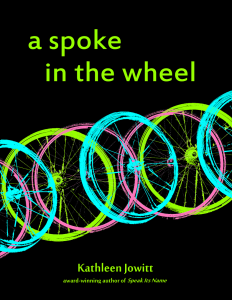 The first thing I saw was the wheelchair.
The first thing I saw was the wheelchair.
The first thing she saw was the doper.
Ben Goddard is an embarrassment – as a cyclist, as an athlete, as a human being. And he knows it.
Now that he’s been exposed by a positive drugs test, his race wins and his work with disabled children mean nothing. He quits professional cycling in a hurry, sticks a pin in a map, and sets out to build a new life in a town where nobody knows who he is or what he’s done.
But when the first person he meets turns out to be a cycling fan, he finds out that it’s not going to be quite as easy as that.
Besides, Polly’s not just a cycling fan, she’s a former medical student with a chronic illness and strong opinions. Particularly when it comes to Ben Goddard…
Category: On Writing




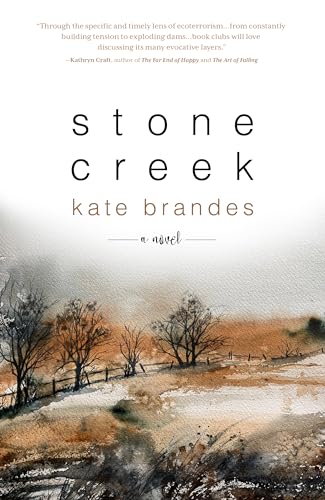
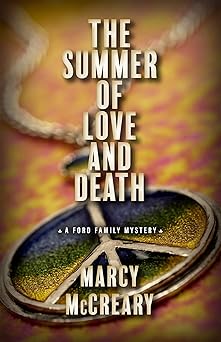
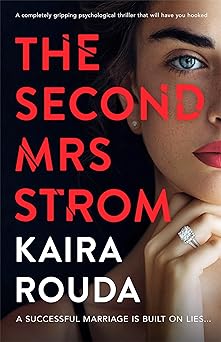
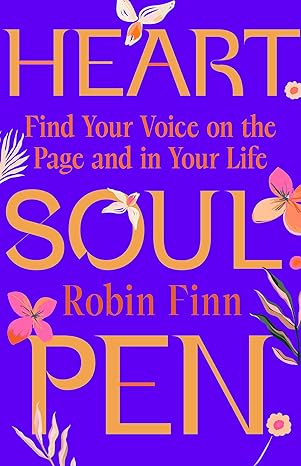
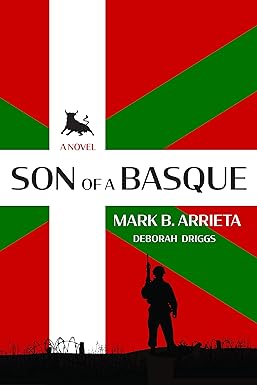
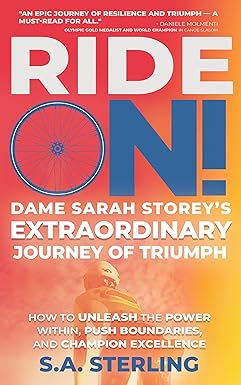
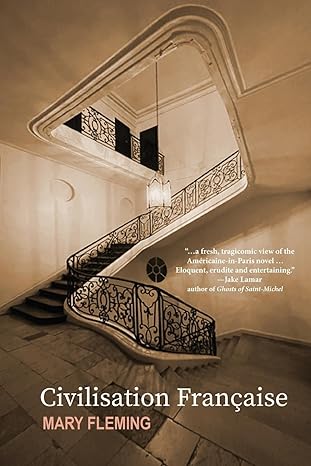
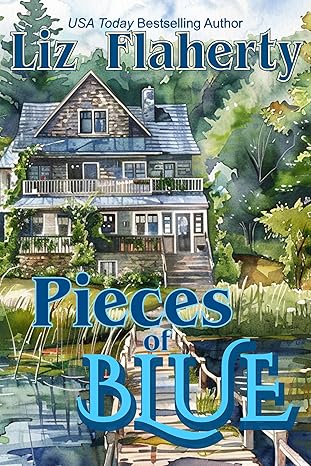
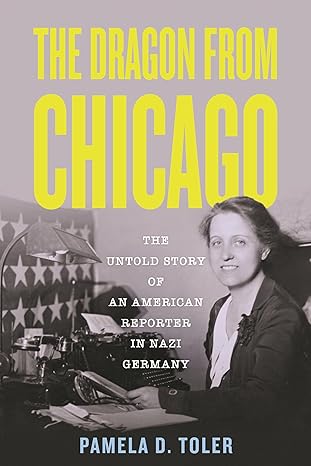
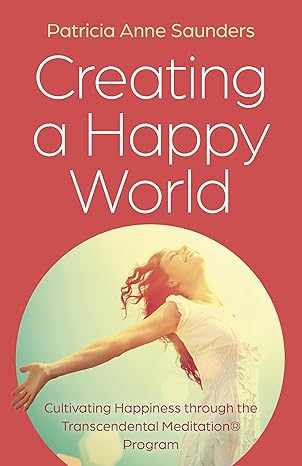
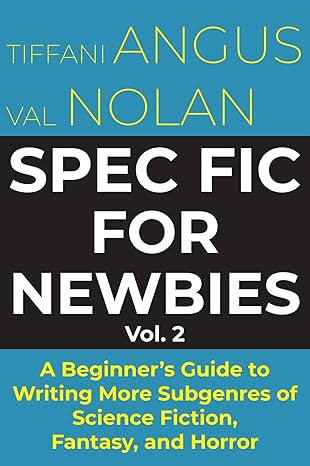
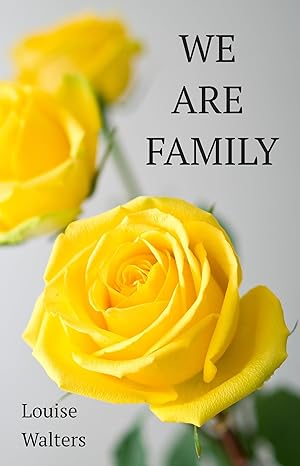
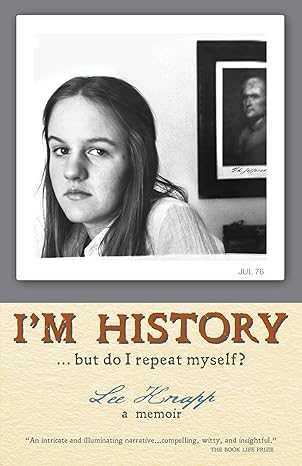
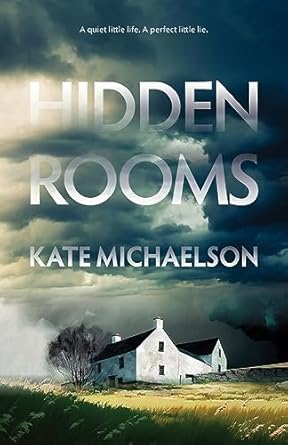
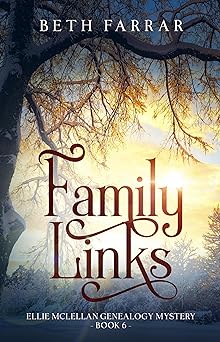
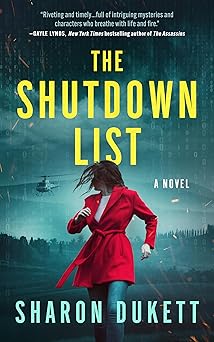
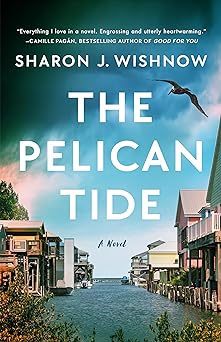
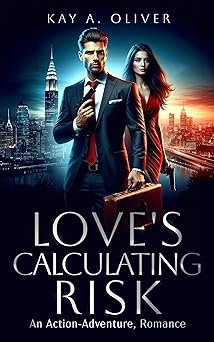
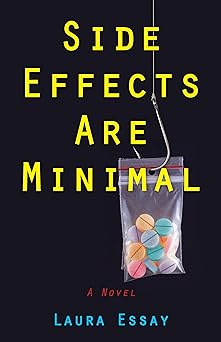
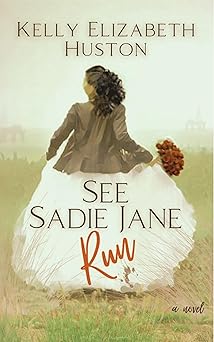
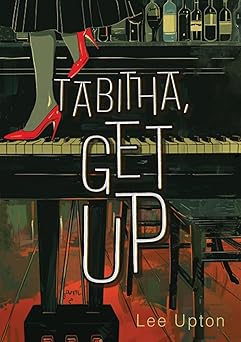
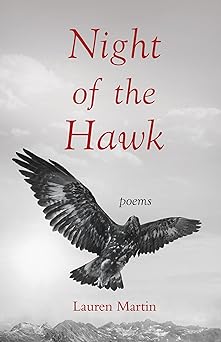
Good for you. I feel much the same. I was seriously tempted after each of the last books to try again for a traditional deal, just to get that credential, but I recently took stock of where I was as an author and decided I really had no complaints. Indie publishing suits my temperament and the kinds of books I want to write, and it’s even made me some money. I recently sold audio rights on the first book, only because it’s selling well enough to interest a mainstream audio publisher. You’re already ahead of the game with a prestigious award under your belt! You also have a nicely targeted niche. Get some targeted advertising going, and you may find your foreign prospects are not nearly as dim as those agents told you.
Absolutely! I think we all have to stop at some point and seriously think about what we want out of my writing, and what’s the best way to get there.